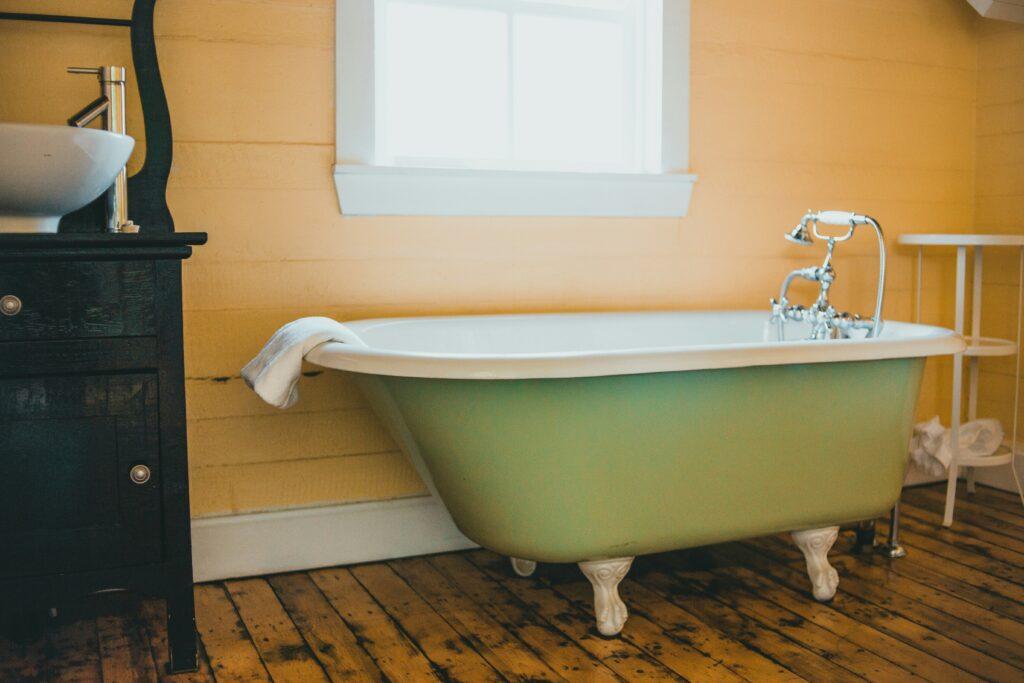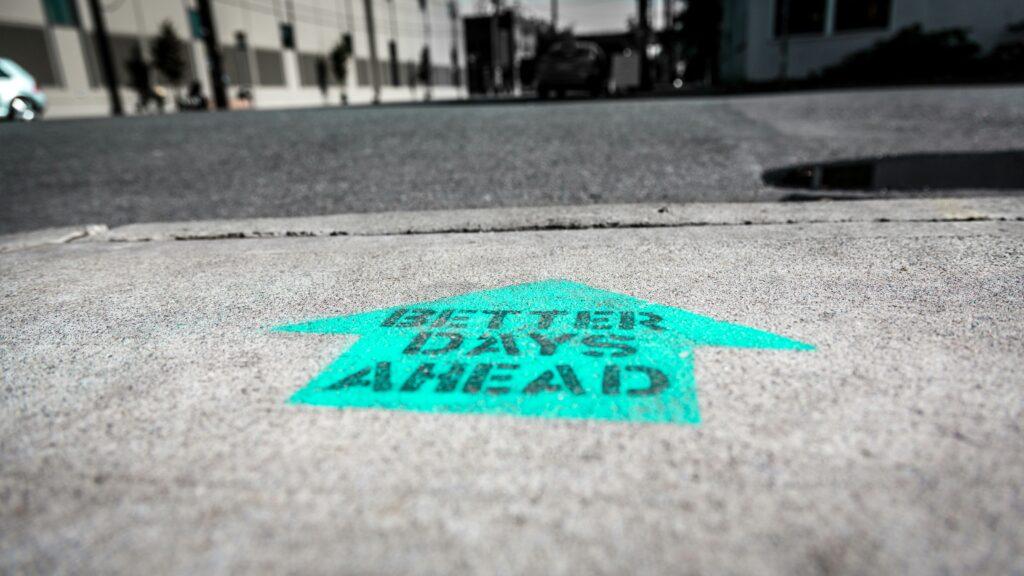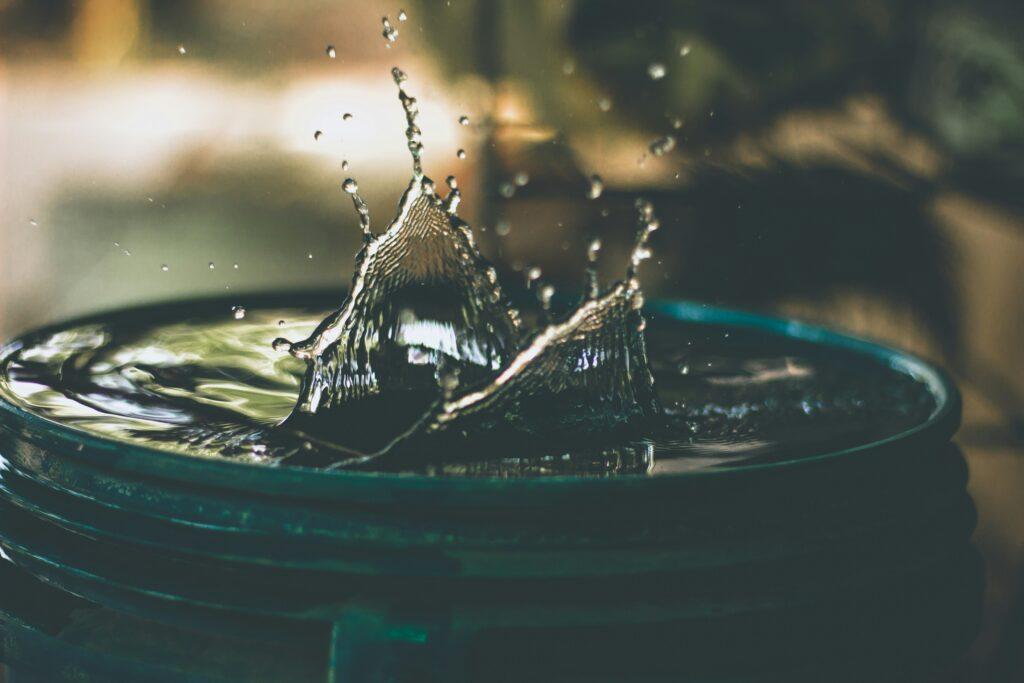
Photo by Jornada Produtora on Unsplash
I’ve known for a long time that I have a hard time receiving things. I’m not talking about literal presents, but receiving help, support or even words of encouragement. It’s only until recently that I really learnt to appreciate compliments people give me – in the past I would simply bat these off or deflect them. In all honesty I didn’t really understand the point of them.
I thought that my nature was simply to be nice and giving. Since I was fortunate enough to have my life together, I didn’t feel like I needed to receive things from people.
The more I examined this story, the more it started to unravel.
This wasn’t simply me not needing to receive compliments, gifts or help. It was that I had an actual discomfort to when people did these things for me. I felt very self-conscious when someone would do something nice. People singing happy birthday to me makes me cringe, whilst I would always worry about receiving presents in case I had to fake liking what had been given to me.
If I did genuinely appreciate it, I would always make a mental note to repay that person back somehow, but in a way that trumped what they did for me. I thought this was a way of repaying gifts nicely, but really it was just my own type of one-upmanship. By always doing more for someone else, I could guarantee that I didn’t owe anybody anything, and thereby protect myself from needing other people. There’s some level of comfort in taking the moral high ground of being the person that ‘always gives’.
The unhealthiness of this approach becomes apparent when I find myself feeling unappreciated. I would go the extra mile for people (without them asking me to do so) and then expect to be heaped with praise. When this didn’t happen, I would feel upset. There’s been a level of subtle manipulation in my behaviour.
Unlearning this behaviour has been accepting that It’s okay if for some people they actually do more for me than I do for them. Sometimes people want to help without wanting anything in return. This has its own fundamental beauty. My hypocrisy has been that I’ve wanted to help people without reward, but felt very uncomfortable if someone did that for me. I lacked the humility to accept help, which subtly reinforced my sense of superiority to others.
One of the greatest things we can do for someone who offers something is to accept it. Receiving a gift (whether physical or not) can be a really heartwarming experience, at least if we let it be so.
Sometimes we get so caught up in the I-owe-you’s, that we miss the point of acts of service. Someone wants to do something as an act of care or support. This is fundamentally a nice thing. If we don’t let them do it, it can actually be quite hurtful to them.
I adore giving attention to animals. I love it when they accept my strokes or gifts of affection. But as a very sensitive individual, I also get hurt when they turn away. (especially cats. They are sooo pretty and charming, but also they can be malevolent beings 🙁 )
So if you’re someone who likes to always be the one that is constantly giving, this may be a good time to reflect what the root cause of that behaviour really is. Are you being a super benevolent person, or are you actually craving affection of others and/or protecting yourself from ever relying on someone?
Play with this idea. Let me know what you find.








